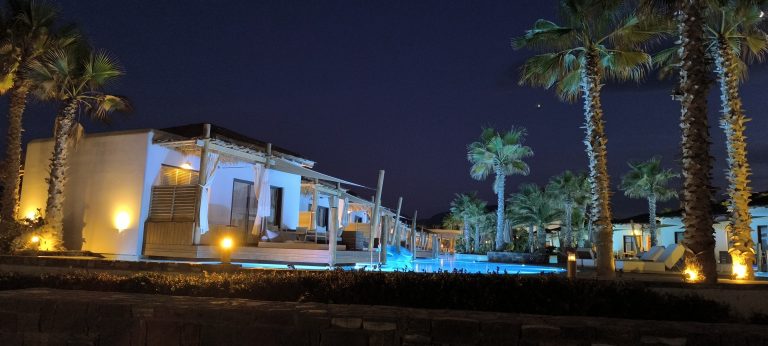How Nice Côte d’Azur Airport turned Sustainability challenges into opportunities
Introduction

Nice Côte d’Azur Airport, one of France’s busiest and most iconic airports, has established itself as a leader in sustainability by addressing pressing environmental challenges while meeting the growing demands of ESG-conscious investors and travelers. During a recent conversation with Anne-Cécile Gibault, Chief Strategy and Sustainability Officer, I gained valuable insights into the airport’s innovative efforts to reduce carbon emissions, manage noise pollution, and embrace ESG reporting as a strategic advantage.
Challenges for Airports lead to sustainability
Airports face significant sustainability challenges in the 21st century. These include reducing carbon emissions, managing noise pollution, conserving water resources, and protecting local biodiversity.
Additionally, airports must balance these environmental concerns with the need for economic growth and social responsibility. As major contributors to regional economies and global connectivity, airports are under increasing pressure to adopt sustainable practices while maintaining operational efficiency and meeting the growing demands of air travel.
Carbon Reduction: a commitment to Net Zero
Nice Côte d’Azur Airport was the first airport in France to achieve carbon neutrality under the Airport Carbon Accreditation program. This global framework has been instrumental in guiding their carbon reduction journey. By implementing innovative measures such as electrifying aircraft stands and transitioning to renewable energy sources, the airport has significantly reduced its environmental footprint.
Key achievements include:
- 75% reduction in carbon emissions per passenger kilogram since joining the program.
- Electrification of 69 aircraft stands, reducing reliance on fuel-powered equipment.
- Commitment to achieving net-zero emissions by 2030.
The Airport Carbon Accreditation program provided a structured approach for Nice Côte d’Azur Airport to manage and reduce greenhouse gas emissions effectively. By adhering to its standards, the airport has aligned with international climate goals and set an example for other airports worldwide.

Acoustic Management: Reducing Noise Pollution
Noise pollution is a critical issue for airports located near urban areas, and Nice Côte d’Azur Airport has made significant strides in addressing this challenge. By investing in advanced flight path technologies and noise monitoring systems, the airport has minimized its impact on surrounding communities. Collaboration with airlines has further encouraged the use of quieter aircraft during peak hours.
ESG Reporting: Meeting Investor Demands
During our conversation, Anne-Cécile Gibault emphasized that ESG reporting is no longer a “nice-to-have” but a critical factor for attracting investment. The airport has integrated ESG metrics into its operations, aligning with frameworks like the Science-Based Targets initiative (SBTi). This transparency not only strengthens its reputation but also positions it as a model for sustainable aviation.
Key actions include:
- Publishing comprehensive ESG reports detailing carbon reductions, waste management improvements, and biodiversity initiatives.
- Collaborating with 37 partner companies to collectively lower their environmental impact.

Lessons for Other Airports
Nice Côte d’Azur Airport demonstrates that sustainability challenges can be transformed into opportunities for innovation and growth. By leveraging frameworks like Airport Carbon Accreditation and SBTi, the airport has achieved measurable results while enhancing its competitive edge.
At Elia Go, we specialize in helping Mediterranean organizations like Nice Côte d’Azur Airport turn sustainability into a growth driver. Our expertise in ESG strategy and actionable plans ensures that airports can achieve their environmental goals while maximizing operational efficiency.






